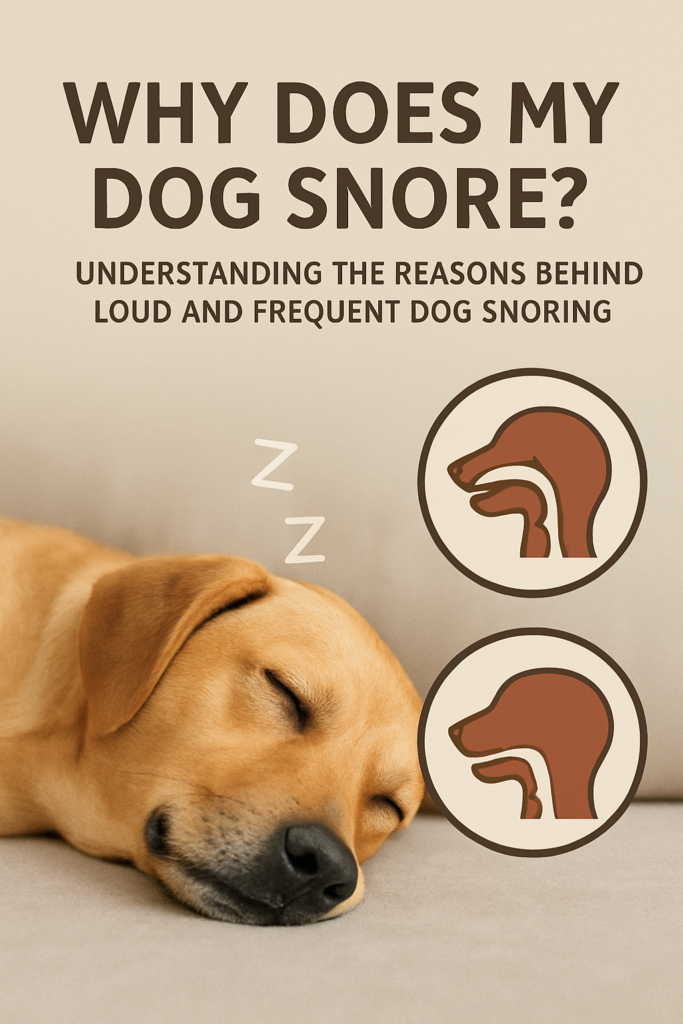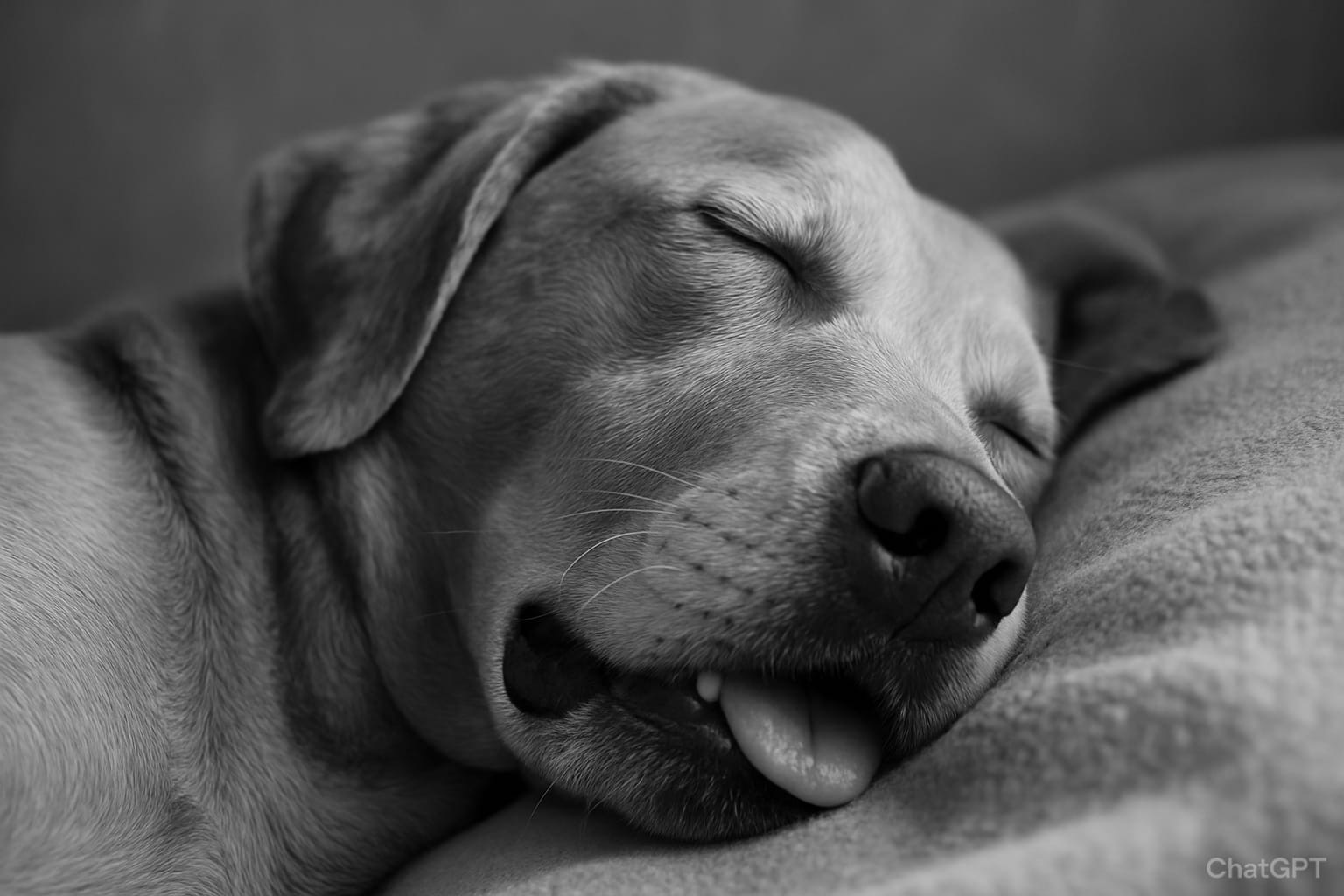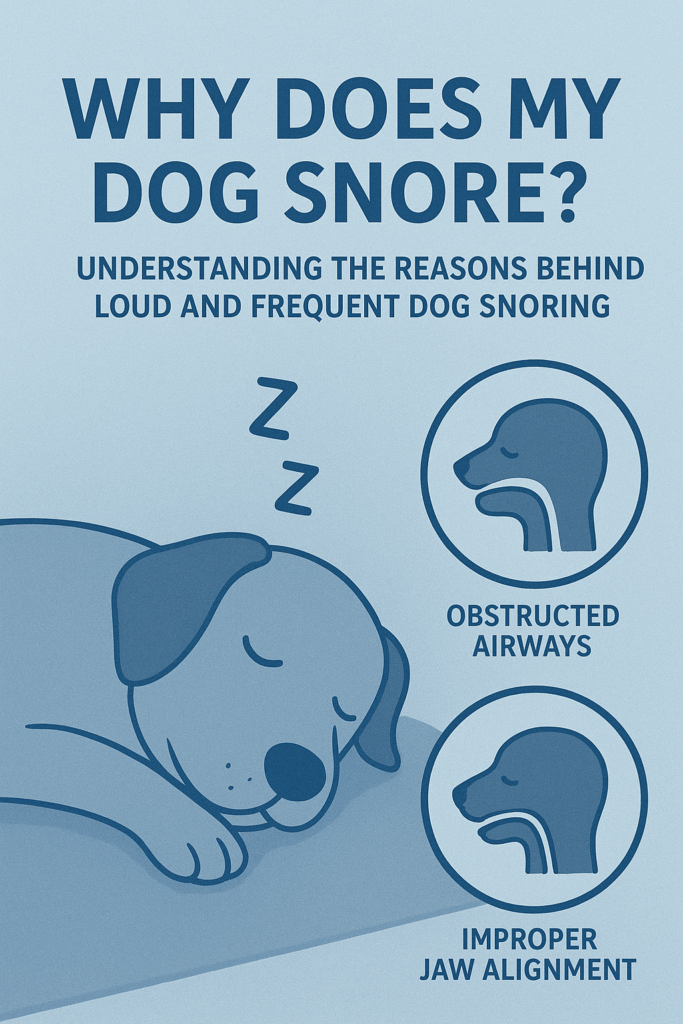Why Does My Dog Snore? Understanding the Reasons Behind Loud and Frequent Dog Snoring
Snoring isn’t just a human problem; Why does my dog snore can also have snored too! If you’ve noticed your dog snoring very loudly in max of time, twitching in their sleep too. The problem creating or snoring when they are awake. Actively performing, you might be wondering why they take or perform.
This article will explore the most common reasons behind why your dog’s snore. This a natural occurrence or a sign of something that is more serious. From my dog snoring while sleeping to the more unusual instances. The types of snoring with eyes open performing, snoring while awake doing. we’ll cover it all in very understanding ways.
Why Does My Dog Snore?
Snoring in dogs is often a common occurrence mostly on faces, but harmless behavior for health. Much like humans, dogs can snore due to their wrong sleep position, irregular breathing patterns. Even how their airway is structured. Most of the time, my snoring is perfectly normal. But there are several reasons why your dog snore that are worth less in exploring.

Common Causes of Why does my dog snore
1. Breed and Anatomy: The Structure of Your Dog’s Face
Certain dog breeds are more likely to snore due to their body shapes. Brachycephalic breeds, such as Bulldogs, Pugs, and Boxers, have short noses to smell. The flat faces to bark, which can lead to snoring. Their narrow nasal passages make it more difficult for passing air to pass freely through the airway, resulting in snoring. If your dog belongs to one of these breeds or castes. It snoring may be a completely normal part of their daily life behavior.
2. Weight Gain and Obesity
Just like in human life, excessive weight can affect your dog’s inner airway. Extra fat around the neck can put pressure on their airway volumes, leading to snoring. If your dog has recently gained more weight, this could be the reason behind the sudden level in snoring. Keeping your dog active and maintaining a healthy diet can be more helpful in reducing snoring caused by obesity.
3. Sleeping Position
Have you noticed your dog snoring more loudly when they sleep on their back or side? Sleeping positions can also affect snoring. Dogs who sleep on their backs might have their heavy airways. It partially blocked by their tongues or soft palate of necklines, leading to snoring. In such cases, changing your dog’s sleeping position may reduce snoring frequency.
4. Allergies and Respiratory Issues
If your dog is snoring more than usual, it might be due to allergies or respiratory creating issues. Dogs, like humans, can develop allergies to environmental factors like dust, pollen, or certain foods causally. These allergies can lead to nasal congestion and snoring. If your dog is also showing signs of coughing, wheezing, or difficulty in having breathing problems. It might be time to visit the vet in order to rule out conditions like asthma or sinus infections.
5. Aging and Senior Dogs
As dogs age, they can develop snoring habits casual due to changes in their body. Senior dogs often have a relaxed airway to take that can cause snoring. If you have an older dog and you notice they are snoring more than usual. It might just be part of the aging process. However, excessive snoring in senior dogs could also be a sign of underlying in creating heavy health issues. This can be dental problems or even sleep apnea.

Why Does My Dog Snore While Awake?
While it might seem very odd, some dogs snore while they are awake. This is most often caused by the relaxed state of their soft palate body tracker and throat muscles. When dogs are relaxed, especially while active like resting or cuddling, their airways can partially close, leading to snoring sounds. If your dog snorts and snores while awake. It’s generally harmless. However if it happens frequently or in combination with other body symptoms, a vet check-up should be needed.
Why Does My Dog Snore So Much?
If your dog is snoring loudly or more frequently. It may be because of the factors we mentioned, including breed, obesity, or sleeping positions. Some dogs simply snore more than others particularly. If your dog has always been a heavy sleeper and tends to snore loudly or frequently. It might just be their natural sleep pattern. However, if the snoring is a new development or accompanied. In other signs like labored breathing or a change in behavior, it’s essential to consult a vet immediately.
Why Does My Dog Snore With Eyes Open?
Occasionally, dogs may snore with their eyes open eventually, especially if they are in a deep sleep. This could be due to a condition called its “sleep-related nystagmus,” where the eyes move involuntarily during even deep sleep. While this is typically harmless for health. It’s essential to observe other symptoms to ensure that your dog isn’t suffering from a more serious type health issue.
Can Dog Snoring Be Dangerous?
In rare cases, dog snoring may indicate a more severe type of severe problem. If your dog’s snoring is accompanied by difficulty in breathing. The coughing, or a noticeable change in behavior, you should contact your vet. Conditions such as brachycephalic syndrome, sleep apnea, or other respiratory issues. Those issues can cause excessive snoring and need medical attention problems.

Conclusion
While snoring in dogs is generally not a cause for typically more concern. It’s essential to monitor your dog’s health and snoring patterns. Whether your dog snores more loudly at night time. when you pet them, or even when they’re awake. It’s usually a normal occurrence when shopping things. However, if you notice any significant difference or signs of distress. You seeking veterinary advice is always a good idea in these typical cases.
